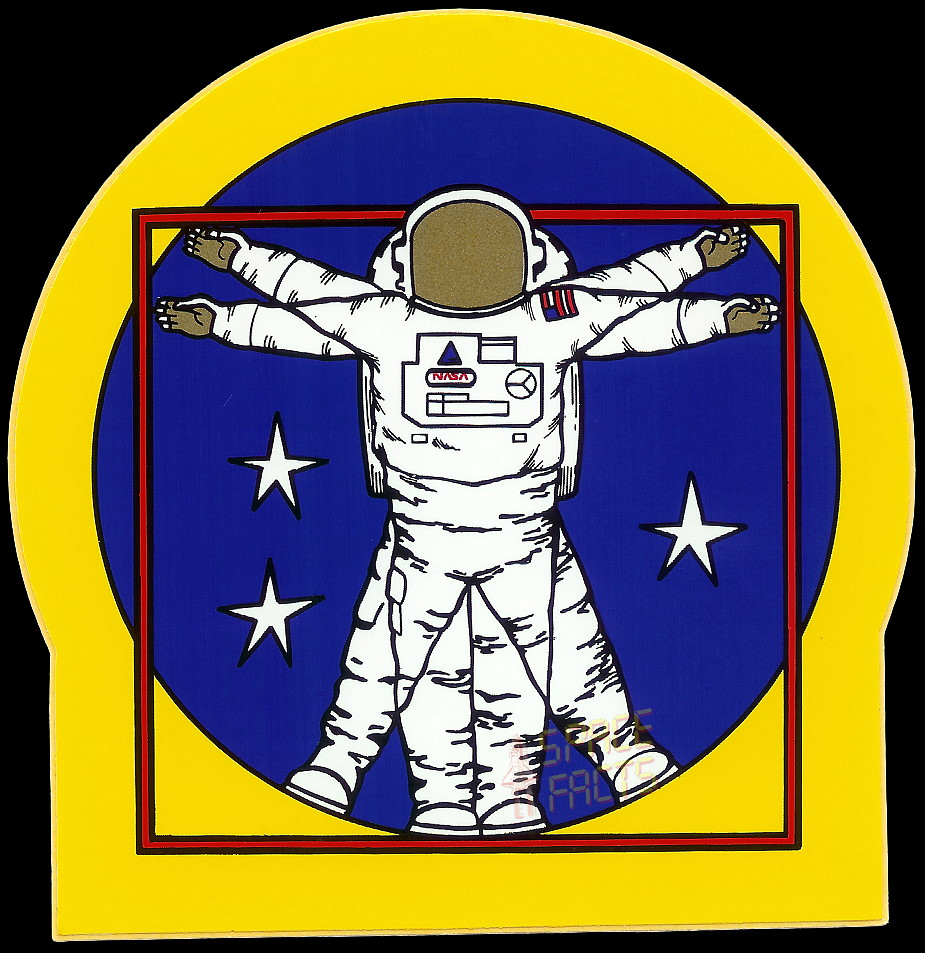Category: Research Projects
NASA-Satellite Servicing
My largest current research project is funded by NASA’s SSCO (Satellite Servicing Capabilities Office). The SSCO is working on creating tele-operated robotic satellites that are capable of repairing satellites currently in orbit. This is a hugely important endeavor. There are thousands of satellites in orbit right now and most of them were built with rapidly obsolescing technology. If we can repair these with new components, or even just refuel them, we can extend their useful lifetimes by many years. That’s a huge savings in both cost and time.
Our team is working on two fronts. First we are building and testing new interfaces for the ground team to use when “flying” the robots in orbit. We’re exploring simple widget designs based on games, sports, and other complex processes, but also looking at future technologies like AR and VR. This is a tremendously complicated process for what amounts to a stop at the gas station for the average car user. Space makes things complex.
This brings me to the second area of research. NASA has many decades of experience putting things into space, and part of that success is due to the organizational structure of a NASA mission. The SSCO is thinking a bit differently though. They are actively reimagining what it takes to service a satellite and thoroughly reinventing the context for our interface designs.
For decades in HCI research we have been studying context as a key element in successful interface design, but what does it mean to design in the face of a changing and undetermined use context? This is the central question we’ve been asking. Not surprisingly, the dynamics of scale are hugely important here. Understanding how the context is evolving requires comprehension at a completely different scale than what you need to understand in order to build the interface. While the sociotechnical dynamics at each scale are largely independent, there are still influences between them. Characterizing these influences and developing design strategies to deal with them is a huge opportunity to advance our understanding of multiscale design and I’m looking forward to sharing the results of our studies in the future.
Hospitality Management
i have gotten in the habit of telling people that if i could do it all over again i would go into hospitality management. the truth is that i would probably be a film editor. After having worked every job in the film industry from craft service to production designer to director, I actually think editing was my favorite. it’s a lot like programming actually, long hours in a dark room in front of a screen caught in an infinite loop of tweaking and testing. Read More…
Interactive Architecture
It will never cease to amaze me how much press you can get just by projecting something on the side of a building. Here is some video from the Public Space Invaders project from 2006 that I did with Kuan Huang.
Design Pre-Patterns in AR
yan xu and i worked so hard on this movie. i remember doing at least 20 takes of the voiceover in our sound booth and rewriting the script over and over to get the time down. she was a really demanding director. it was fun though. i think it was probably the most effort anyone has ever put into the 5 minute video that accompanies their research paper. i’m still convinced that we created a new genre of video: futurist indoctrination. I say that because it reminds me of those 50’s era school propaganda videos that the hipsters all love ironically, but the unrelenting pace of the voice over and the soundtrack make it seem like its aimed at ultra tech savvy school kids from the 2050’s instead of the 1950’s.
[inbox]
[inbox] is an AR project I made with Rebecca Rouse. It appeared as an art installation in C&C 2009 and a paper we wrote about the project appeared in ISMAR 2010.
[inbox] explores the persona of Malcom McLean, the man who invented the shipping container and subsequent infrastructure that has made globalization possible. Rather than being totally critical or totally supportive of the container system as a technological achievement, we wanted this project to reveal the complexities of containerization and its effects on human experience. These include notions of progress, local effects of global trade, standardization, access to goods like guns and medicine, etc.
update: i’m writing about [inbox] again in my dissertation and for an issue of Convergence as it was the beginning of my thinking about scale as a way of building conventions for AR.

 D5 Creation
D5 Creation